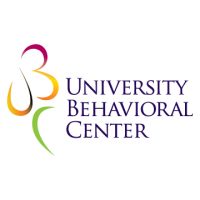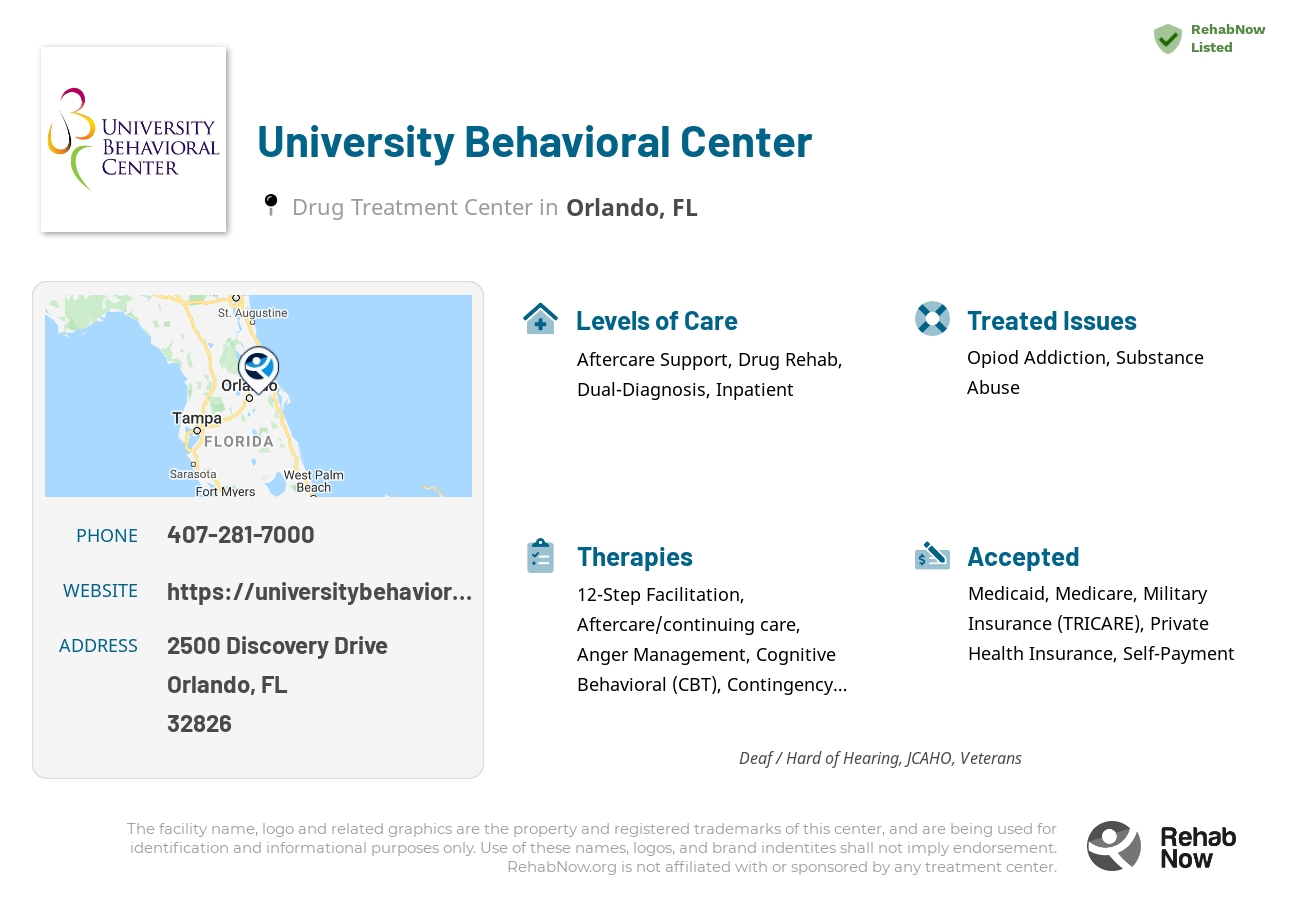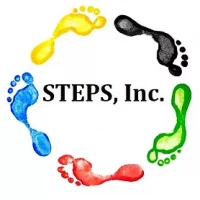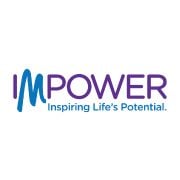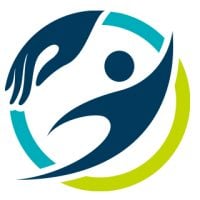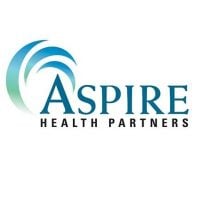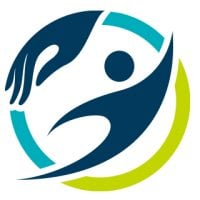University Behavioral Center
Drug Rehab Center in Orlando, Florida
University Behavioral Center is a JCAHO-accredited addiction treatment facility in Orlando, Florida that offers aftercare support, drug rehab, dual-diagnosis, and inpatient detox levels of care as well as accepts private health insurance.
About This Florida Facility
University Behavioral Center is a renowned addiction treatment facility located on a picturesque 14-acre campus in Orlando, Florida, within the Central Florida Research Park Development. This serene setting, complete with a swimming pool, gymnasium, and outdoor recreation areas, provides a therapeutic environment conducive to healing and recovery.
The center's mission is to promote patient safety and create a nurturing atmosphere through secure 24-hour supervision and separate wings for enhanced privacy. Its outstanding facilities and dedicated staff are committed to delivering exceptional care tailored to each individual's unique needs.
Accredited by the prestigious Joint Commission on Accreditation of Healthcare Organizations (JCAHO), University Behavioral Center adheres to the highest standards of quality in healthcare. The center offers a comprehensive range of treatment methods, including aftercare support, drug rehab, dual-diagnosis treatment, inpatient programs, and detoxification services.
- Personalized treatment plans tailored to individual needs
- Holistic approach addressing co-occurring mental health issues
- Structured inpatient programs for intensive care and support
- Ongoing aftercare services for long-term recovery
University Behavioral Center specializes in treating individuals struggling with opioid addiction, substance abuse, drug addiction, alcoholism, and mental health disorders. Their expertise lies in addressing the complex challenges faced by those battling addiction and co-occurring mental health conditions.
For individuals grappling with alcohol addiction, University Behavioral Center provides a safe and supportive environment to detoxify and begin the journey towards sobriety. Through evidence-based therapies, counseling, and a compassionate approach, the center empowers individuals to overcome their dependence on alcohol and regain control over their lives.
Genders
Ages
Modality
Additional
Accreditations

JCAHO
Conditions and Issues Treated
The inappropriate use of any drug in Orlando, FL is substance abuse. This involves alcohol, medications, and illicit drugs. With a combination of physical and psychiatric therapies, drug addiction is successfully treated at University Behavioral Center. After Detox is complete, individuals follow-up with treatments treating the root cause of the addiction.
Opioid Addiction Treatment supports people recovering from addiction to prescription drugs as well as illegal opioids. This is a hospital-based or residential treatment. Depending upon one’s age, detox without the appropriate medication may be unpleasant or even dangerous–some get body aches, fever, chills, while others may even have seizures.
Opioid treatment involves medically assisted detox, physical and mental support. Most rehabilitations use an array of treatments to ensure overall wellbeing, such as Medication-assisted therapy (MAT) in which one gets behavioral therapy, medicines, and counseling. A client-centered approach can reduce one’s chances of relapse. Therapists at work with the client to figure out environmental and behavioral triggers, giving them the power to change the patterns.
Levels of Care Offered at University Behavioral Center
This center offers a variety of custom treatment tailored to individual recovery. Currently available are Aftercare Support, Detox, Drug Rehab, Dual-Diagnosis, Inpatient, with additional therapies available as listed below.
Detoxification is a reduction in the effects of drugs and alcohol. It can be beneficial for people who have a history of withdrawal, who are at risk for dangerous health concerns, or who are unable to function well in their day-to-day lives due to addiction.
Detoxification is beneficial for:
- People who are unable to overcome addiction without the help of professional care.
- People who are at risk for dangerous health conditions due to withdrawal.
- People who are at risk for overdose or serious health concerns after a relapse.
If you believe that addiction treatment is right for you or a loved one, you can contact your primary care physician, or search for addiction treatment centers in your area. Treatment is beneficial to people who are motivated towards recovery, and who understand the benefits of professional care.
An inpatient is a person who stays in a hospital or rehab center during treatment. For alcohol- and drug-dependent individuals, inpatient rehabs provide individualized around-the-clock services. Inpatient treatment programs address a person’s unique physical, medical, and psychological needs. A team of experts assess the severity of the addiction and design a highly tailored program. typically, the length of stay in an inpatient facility in Orlando, FL is 30 days. Those with severe addiction may need to stay at the facility for 60 to 90 days.
Treatment for substance abuse does not cease after an individual successfully completes a detox or rehabilitation program. A vital follow-up treatment service is aftercare support provided to individuals at University Behavioral Center in Florida after they attain initial sobriety.
Aftercare support often takes the following forms: 12-Step Programs, Outpatient Treatment Programs, and Support Groups. The most effective aftercare programs are tailored to meet an individual’s specific needs and circumstances.
Therapies & Programs
Individual therapy involves one on one sessions between the patient and the therapist at University Behavioral Center. Individual therapy provides patients with a safe environment where they can openly discuss their problems with the therapist. The patients find the therapist as a person who they can trust. It helps them to open up and discuss personal and sensitive issues, which they may not be comfortable discussing in a group setting.
Individual therapy aims to identify the core issues that would have led the patient to substance abuse and address the root cause effectively. The therapist can develop patient-specific customized solutions through individual therapy, which aids speedier recovery.
Recovery can be more effective if the entire family’s involved. Family therapy hosted by University Behavioral Center brings in the addict’s family to explore genetic factors. It gives loved ones the tools for dealing with addiction and its underlying mental issues. It is a recommended step in helping addicts adapt to sober living.
Trauma is one of the most common causes of psychological disorders. It’s often found in people with addiction diagnoses. Trauma therapy addresses this by examining the emotions and thoughts people have formed due to past traumas. Traumas are complex but trauma therapy can reduce their ability to contribute to addictive behaviors.
Dialectical Behavioral Therapy is a form of Cognitive Behavioral Therapy. It is designed for those who are prone to self-harm and suicidal behaviors. University Behavioral Center aims to help patients understand the relationship between their thoughts, feeling and behaviors and it gives them the tools to make a change. It is effective for those whose addictions and behaviors stem from extreme mental health issues.
Self-defeating thoughts and habits can limit your possible successes. Some examples of this are procrastination, unhealthy eating and angry outbursts. REBT is a method of specific counseling offered by University Behavioral Center that replaces negative and self-limiting thoughts.
Rehabilitation is not just limited to bringing an individual out of addiction and achieving sobriety. It is considered complete only when an individual starts leading a normal and balanced life. Life skill therapy focuses on the various skills that helps an individual to lead a normal life. Patients often do not take care of themselves, struggle professionally and withdraw from social interaction due to the physical and emotional disturbances caused by addiction.
Life skills therapy helps them to improve various personal, professional and social skills such as cooking healthy meals, maintaining proper hygiene, budgeting, decision making, time management, regulation of emotions and resolving the interpersonal conflicts effectively.
A 12-Step Program is a common method that is used to treat addiction. This format is used for both drug and alcohol treatment. It is extremely popular and successful for large numbers of people and the staff at University Behavioral Center are trained to assist in 12-step management.
Contingency Management (CM), also known as motivational incentives or prize method, is a behavioral therapy type. It is based on the principle that their consequences influence the behaviors of an individual. So, it promotes the desired behavior by giving rewards while discouraging the unwanted behaviors by withholding the rewards or even by giving punishments. One of the expected desired behavior is the absence of drug in a toxicology screen, and the rewards vary from prize or vouchers, to experiences. CM is used for individuals who need therapy for more than 3 months, and it has the advantage of being implemented by family members.
Patient Experience
Creative Arts
It is believed that enhancing creativity and developing skills related to it can help people with addiction recover faster. Activities such as painting, writing, acting, and dancing are considered therapeutic and hosted and managed by University Behavioral Center in Orlando, Florida. They become outlets for patients to blow off steam, channel their emotions, and express their thoughts.Experiential Therapy at University Behavioral Center
Experiential therapy involves recreating or creating new experiences for the patient. Many people struggled with past issues such as memories or trauma. By creating a new experience, it allows people to work through the issues associated with those moments in a new experience. This can give them a new measure of control and can help them role play a new scenario. That can help push addiction into their past and help them begin the healing process.
Payment Options Accepted
For specific insurance or payment methods please contact us.
Is your insurance accepted?
Ask an expert, call (888) 674-0062
Additional Details
Specifics, location, and helpful extra information.
Orlando, Florida 32826 Phone Number(407) 281-7000 Meta DetailsUpdated April 15, 2024
Staff Verified
Patient Reviews
There are no reviews yet. Be the first one to write one.
Orlando, Florida Addiction Information
Florida is one of the nation's epicenters for substance abuse and drug-related overdoses. In 2014, around 410,000 Florida residents were addicted to drugs and alcohol. Over the last 10 years, 12% of all deaths in the state were attributed to substance abuse. Treatment admissions for alcohol reached 24,329 patients in 2016, and 2.5% of Florida high school students admitted to using crack cocaine.
In 2016, there were over 1,400 opioid-related overdoses in Florida, and Orlando accounted for nearly 10% of those overdoses. Cocaine was the most common drug found in overdose victims (45%). Alcohol was involved in 31% of all drug-related deaths. If you or someone you know is struggling with addiction, it is important to get help as soon as possible.
Treatment in Nearby Cities
- Jupiter, FL (132.3 mi.)
- Davie, FL (182.7 mi.)
- Yulee, FL (144.0 mi.)
- Avon Park, FL (70.8 mi.)
- Mulberry, FL (67.2 mi.)
Centers near University Behavioral Center
The facility name, logo and brand are the property and registered trademarks of University Behavioral Center, and are being used for identification and informational purposes only. Use of these names, logos and brands shall not imply endorsement. RehabNow.org is not affiliated with or sponsored by University Behavioral Center.
